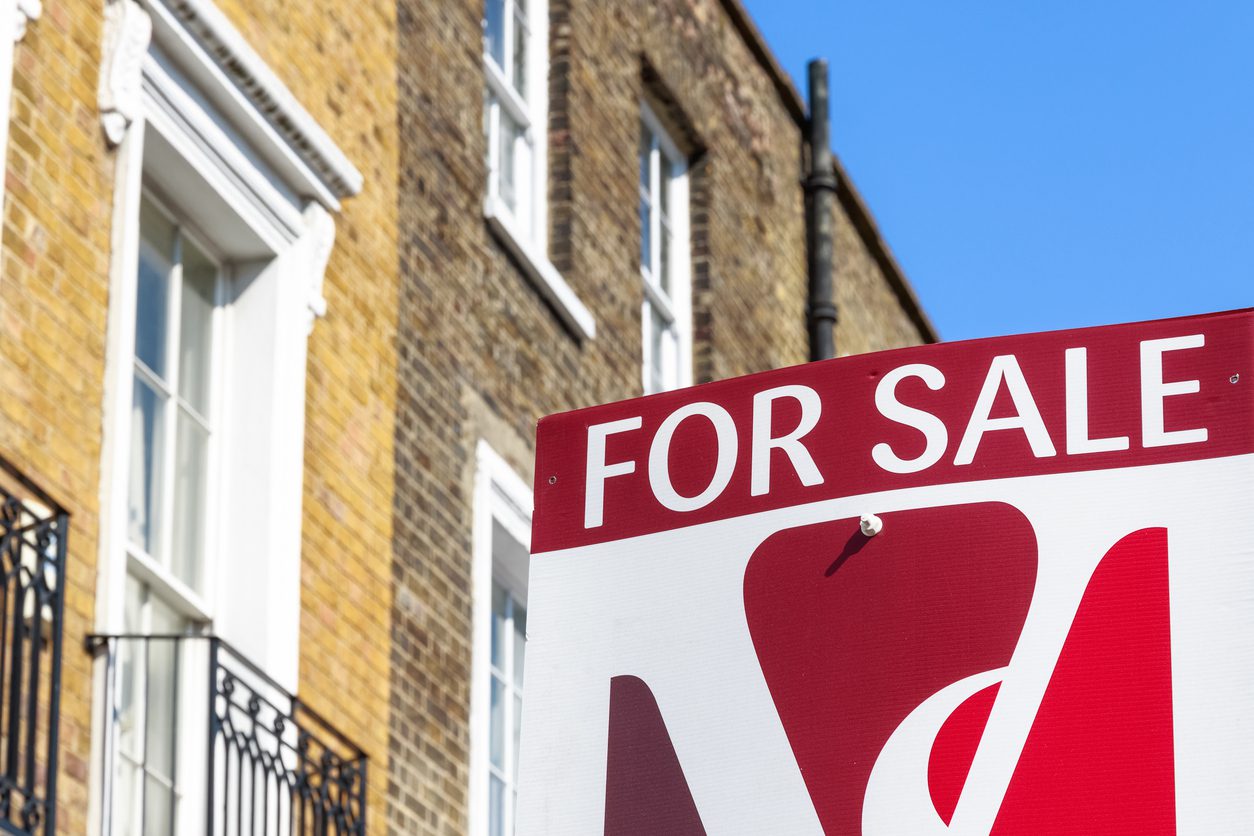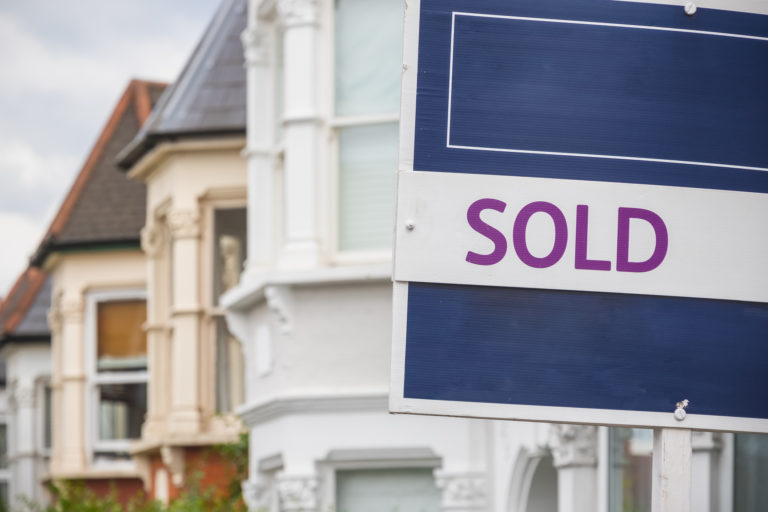The UK has stepped up its action plan to “delay” the spread of coronavirus. A lot of people are now asking what the health crisis might do to the country’s housing market.
For many months, the Brexit and leadership impasse have been the dominant topics across the UK. However, the Conservatives’ landslide victory in the December election saw the party finally secure a majority government. Since then, the “Boris bounce” has arguably been in full swing.
But now coronavirus – or COVID-19 – could create a new set of challenges. It has already set the global stock markets on their steepest downward trajectory in decades. On Thursday, the markets experienced their worst day since 1987. The FTSE 100 index lost 10.87%, while the Dow Jones closed the day 10% down.
Will it have a knock-on effect for the housing market?
So far, reports show that coronavirus has had little effect on property market confidence. According to London estate agent Benham & Reeves, confidence in the London property market is still growing. It has carried out transactions of a higher total value in the past quarter than the preceding 12 months.
“This is a clear indicator of the current strength of the market and the level of pent-up demand from buyers and sellers now being released since December’s general election and more recently the increasing clarity on Brexit.”
The latest residential markets survey from RICS also provides welcome positive news. It shows that house prices rose at their fastest pace in nearly four years in February. The whole of the UK saw house price gains, but it was strongest in London, Yorkshire and the Humber and East Anglia.
Furthermore, as the Bank of England lowered its base rate earlier this week, many people could be spurred on to take advantage of cheaper borrowing. And with the Chancellor’s announcement that a 2% stamp duty hike would come in from April 2021 for foreign property investors, we could also see an influx as people rush to get in ahead of the rate rise.
Coronavirus and Brexit
Comparing the effect of coronavirus to the uncertainty surrounding Brexit can also be useful. While the EU referendum caused some short-term wobbles in the market, in the long-term house prices continued to rise since 2016.
Most of those involved in the housing market with long-term views remained undeterred throughout. But some more hesitant homebuyers, movers and property investors have had more confidence to push forwards since December. This is reflected across a number of house price indices, which have all recorded growth in house prices and transactions. In fact, December was the first month when every region in the country saw house prices rise.
The government says it expects coronavirus cases to peak in several weeks’ time, which is an extremely short period of time in any market. As the world works hard to find answers and a vaccine against the disease, the expectation is that its effects on market confidence will be similarly short-lived.
According to an article in Forbes by Gary Barker, the global economy should also be resilient in the long run.
“History has certainly shown that while markets do take a fall during an outbreak, they are usually resilient and bounce back relatively quickly once the issue is resolved.”
He also uses the example of the swine flu outbreak which came to the UK in April 2009. While its economic impact was severe, house prices still rose by 10.1% between March 2009 and March 2010.
He adds: “If we follow previous economic trends, this should support stable house prices even if there is reduced demand – which I’m not convinced there will be. Backed-up confidence because of Brexit and pent up demand surged into the economy in January, and it’s not likely to suddenly freeze because of a virus, unless the situation worsens drastically.”
Reducing the impact
However, on a short-term, granular level, it could affect some parts of the market. For example, some people’s finances could suffer as a result of coronavirus, which could slow their individual transactions.
In other cases, people could be reluctant to attend house viewings or visit agents. For those living overseas looking to invest in UK property, travel could be extremely difficult if not impossible for now.
This is where technology could play a key role to keep the housing market moving. Where possible, many firms may encourage employees to work from home to reduce the infection risk. When viewings and valuations are necessary, people can use video call, send recordings and pictures, or even use virtual reality headsets in some cases. For conferences and meetings, programmes like Skype can ensure that business can carry on largely as normal.
There are also a number of solutions now available in the proptech industry that mean people can conduct business remotely. Landlords can stay in touch with tenants via apps, for example. Contracts and documents can also be sent and signed electronically and using innovative apps.
For the short-term lettings industry, such as Airbnb, there is no need for face to face contact in many instances. Bookings are made, confirmed and paid for via the app, keys can be left in lock-ups with an access code, and issues can be resolved via the app or over the phone.
As a business, BuyAssociation is taking the crisis seriously and taking all advised precautions for our staff, clients and partners. We will closely monitor the market and keep our readers and investors updated.










